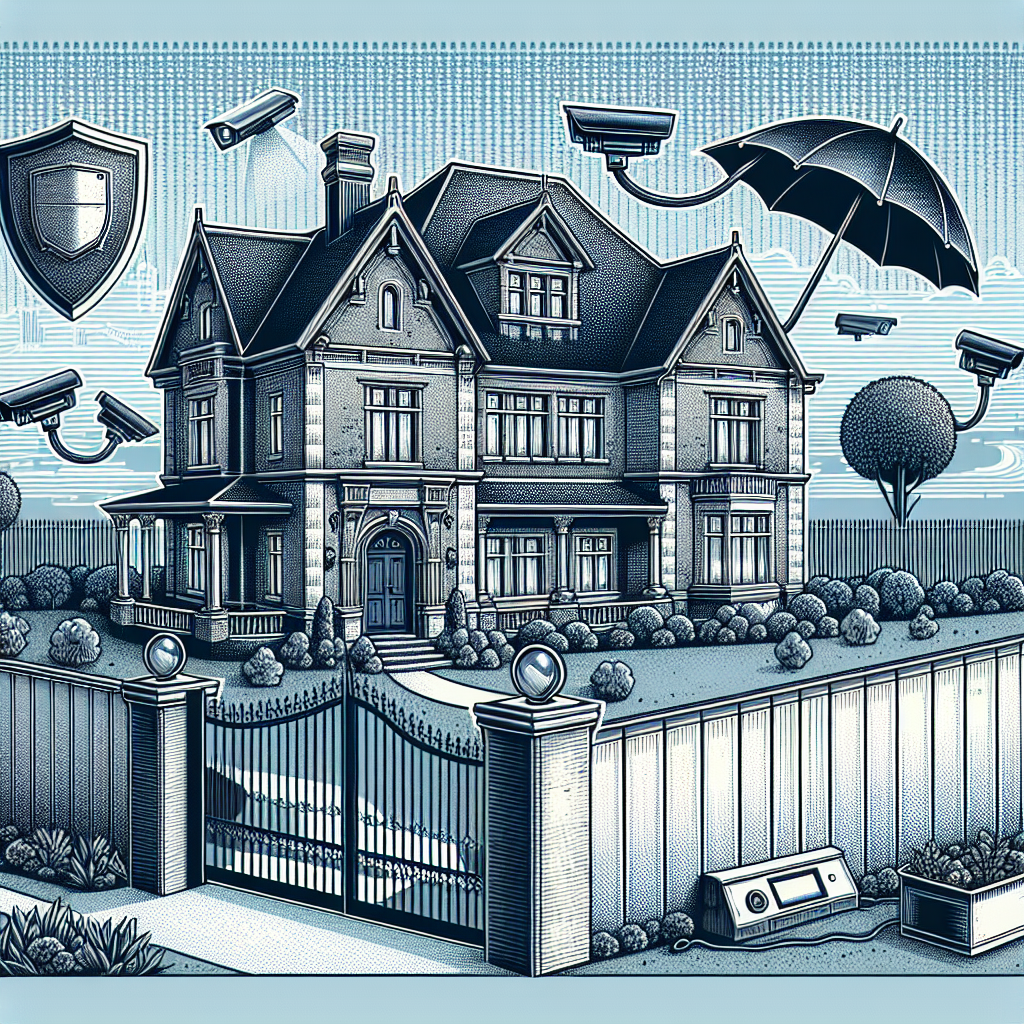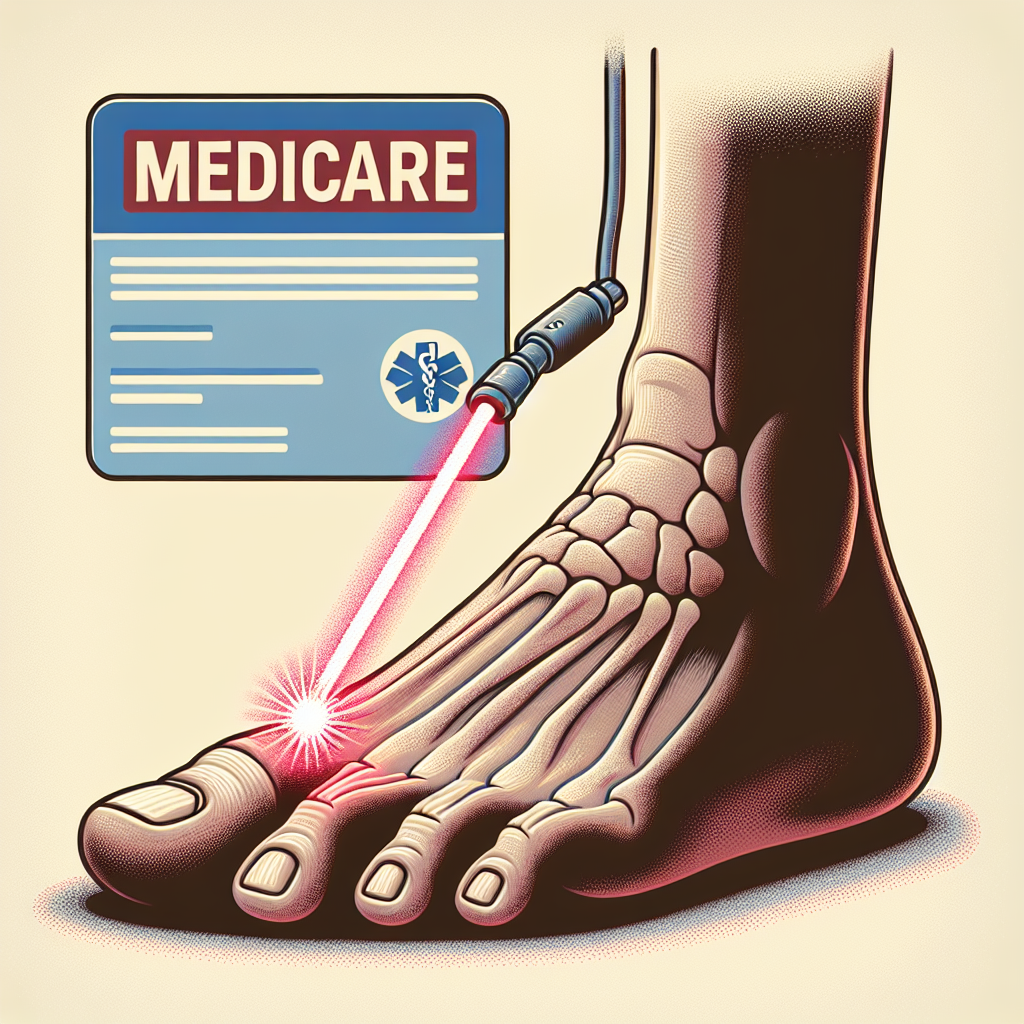Filed under Health Insurance on
Understanding Your Health Insurance Policy Number

Health insurance can often feel like a maze, filled with jargon and numbers that seemingly make little sense. Among these, the health insurance policy number stands out as particularly perplexing to many policyholders. Understanding this number is crucial, as it simplifies various processes related to your healthcare. In this article, we delve into the significance of your health insurance policy number, detailing its components, uses, and the reasons it is essential to keep it confidential and accessible.
What is a Health Insurance Policy Number?
Your health insurance policy number is a unique identifier assigned to your insurance plan. Typically found on your insurance card, this number is more than just a random sequence of digits. It serves as a critical linkage between you and your healthcare coverage, ensuring that all healthcare services you receive are correctly billed and charged according to the terms of your policy. In essence, it's the key to accessing your insured benefits.
The Anatomy of Your Health Insurance Policy Number
While each insurance provider might have a slightly different format, most health insurance policy numbers follow a similar structure. Understanding the format helps you interpret this essential identifier:
- Prefix: Some insurance companies include a prefix that identifies the type of plan you're on. This part is often omitted when referring to your policy to healthcare providers.
- Plan Type Indicator: This segment might indicate whether your plan is part of a group, like an employer plan, or an individual policy.
- Unique Identifier: The core of your policy number, this is a string of numbers or alphanumeric characters that uniquely identifies your insurance plan.
- Suffix: In family plans, each member might have an individual suffix to distinguish between them under the same policy number.
Why is Your Health Insurance Policy Number Important?
The health insurance policy number is crucial for several reasons, influencing everything from treatment access to billing accuracy:
Access to Healthcare Services
Without your health insurance policy number, gaining access to healthcare services can be complicated. Medical facilities use this number to verify your coverage and identify what services are included, ensuring you receive the appropriate care under your insurance plan.
Efficient Billing and Claims Process
When you receive medical care, your insurance policy number is essential for processing claims. It helps ensure that healthcare providers are reimbursed correctly and that billing reflects your coverage. This minimizes the risk of errors and potential disputes over medical bills.
Confidentiality and Security
Your health insurance policy number is sensitive information that should be protected. Just as you protect personal identifiers like your Social Security number, guarding your policy number against unauthorized access is crucial to preventing identity theft and fraudulent insurance claims.
How to Find Your Health Insurance Policy Number
If you're trying to find your health insurance policy number, there are several straightforward options at your disposal:
- Insurance Card: The most direct way is to locate your insurance card, where the policy number is typically printed prominently.
- Insurance Documents: Review your insurance policy documents, either digital or paper, where the policy number is generally listed.
- Online Account: Log into your insurance provider’s website, where policy details, including the number, are accessible.
In case you’ve misplaced all these resources, contacting your insurance provider directly is the best course of action to retrieve your policy number safely.
Handling Common Issues with Your Health Insurance Policy Number
Understanding how to handle common scenarios involving your health insurance policy number can save time and frustration:
Incorrect Policy Number at Healthcare Facilities
Mistakes can happen, and incorrect policy numbers often result in claimed denials. Double-checking your policy number before providing it to healthcare facilities is key, as is ensuring that healthcare personnel enter it correctly in their systems.
Lost or Stolen Insurance Card
If your insurance card gets lost or stolen, contact your insurance company immediately to report the loss and request a replacement. This prevents unauthorized use and maintains your privacy.
Changing Insurance Providers or Policies
When changing insurers or policies, updating all medical providers with your new health insurance policy number is vital. This prevents lapses in coverage and ensures continuity of care.
Trends and Expert Insights on Health Insurance Policy Numbers
In recent years, there’s been a movement towards digitizing healthcare information, including insurance details. Industry experts predict that digital identifiers linked through secure technology could replace traditional policy numbers, aiming to streamline access and improve security. This trend aligns with efforts to enhance transparency and efficiency in healthcare systems globally.
Expert opinions highlight the importance of embracing these technological advancements responsibly, maintaining rigorous data privacy standards while enhancing user convenience.
Conclusion
Your health insurance policy number is more than just a number—it's an essential component of accessing healthcare services and ensuring seamless integration between your insurance provider and healthcare facilities. Understanding its format, uses, and the importance of protecting this number safeguards against common administrative and security issues. As the healthcare industry evolves, staying informed about trends affecting insurance processes keeps you prepared for the future. Always treat your health insurance policy number with the care it deserves, akin to any significant personal identifier.
Armed with this understanding, navigating your healthcare journey becomes simpler and more secure, allowing you to approach interactions with confidence and clarity.





